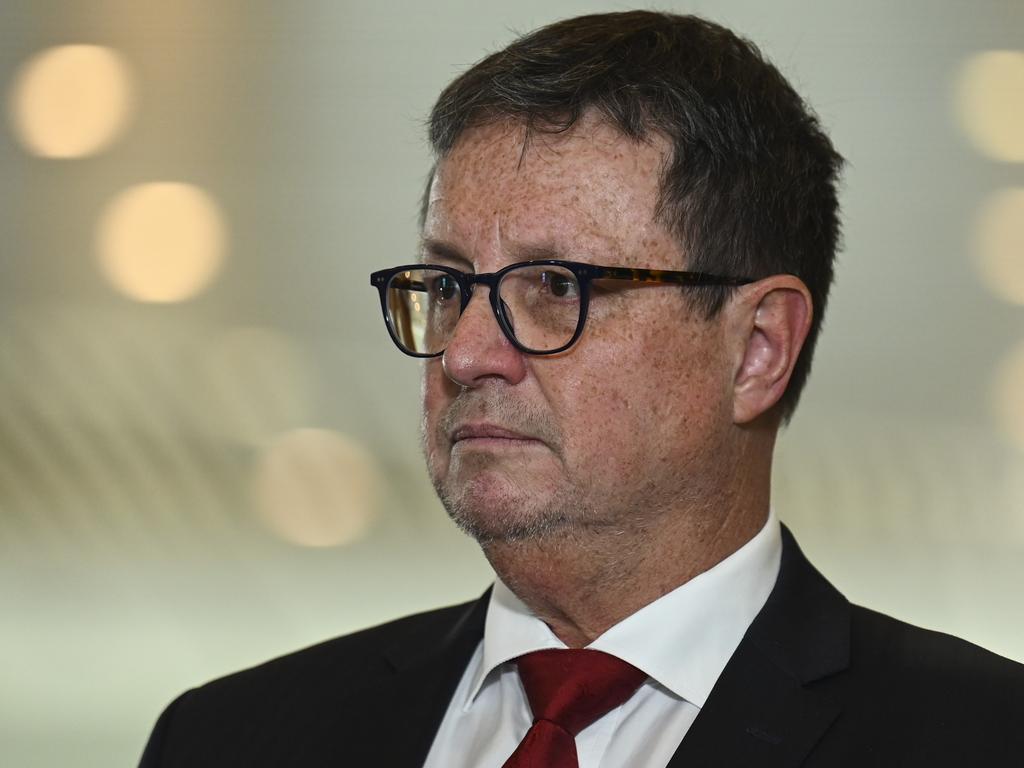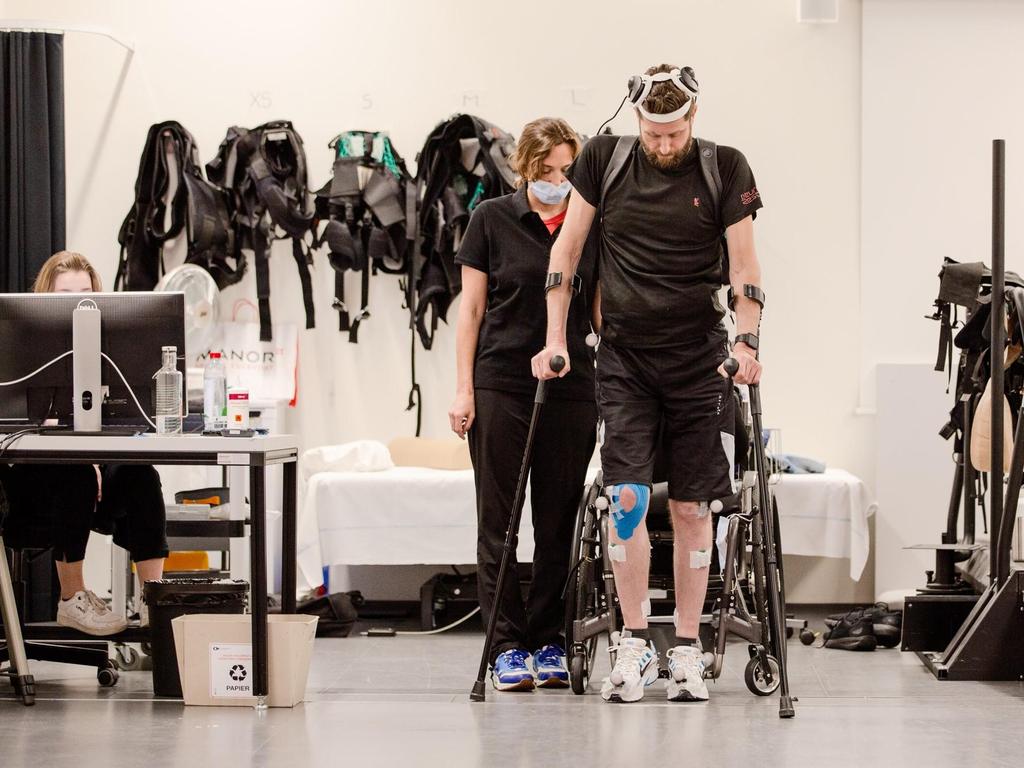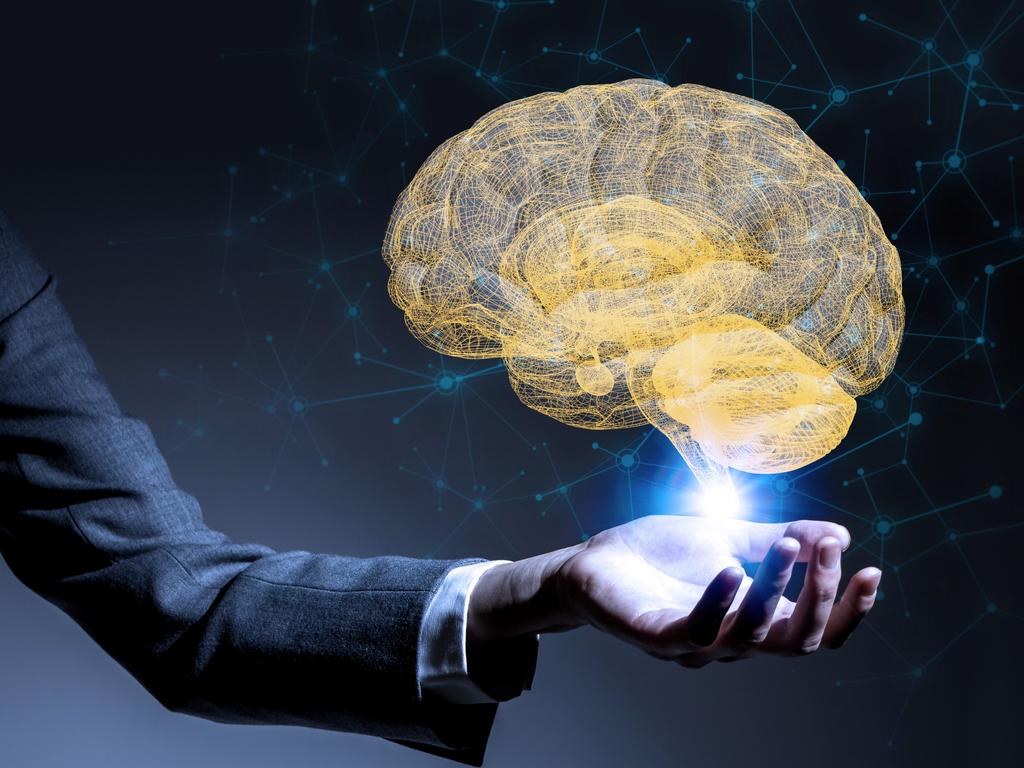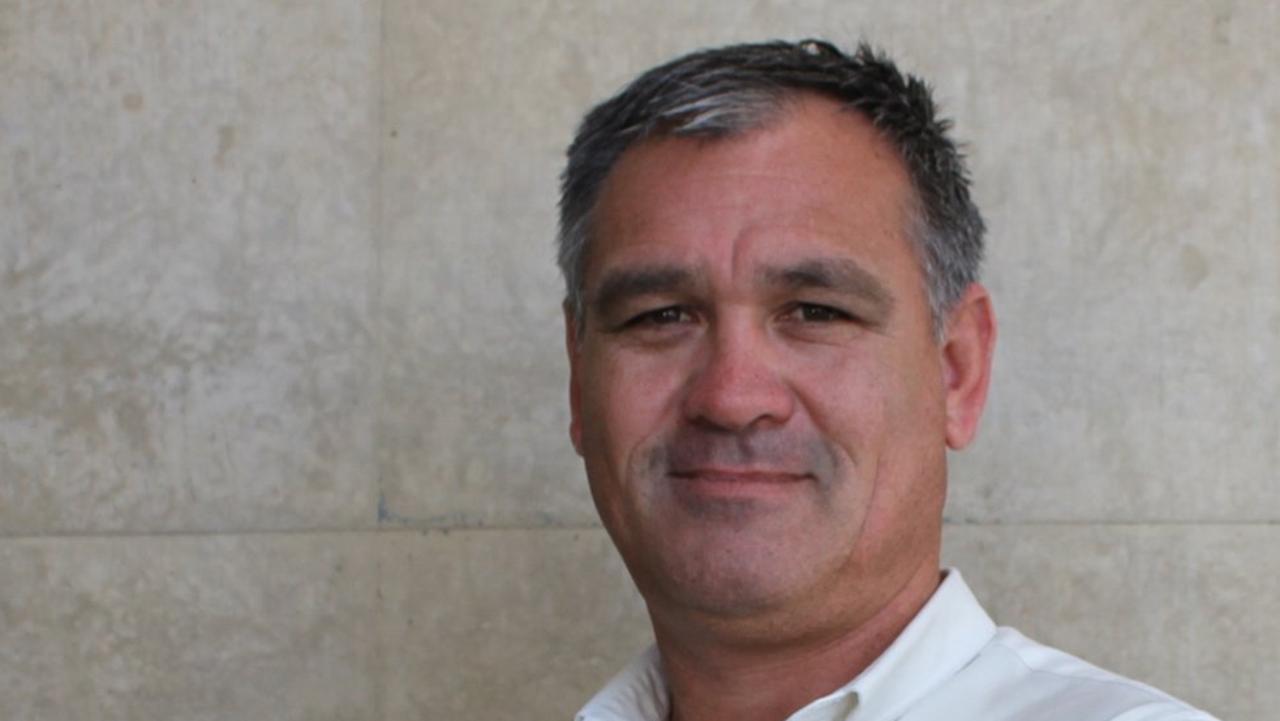Summit warns about dangers of artificial intelligence influence
Industry and Science Minister Ed Husic has warned artificial intelligence-generated misinformation is ‘the big thing’ that could influence the way people make future decisions, including at elections.
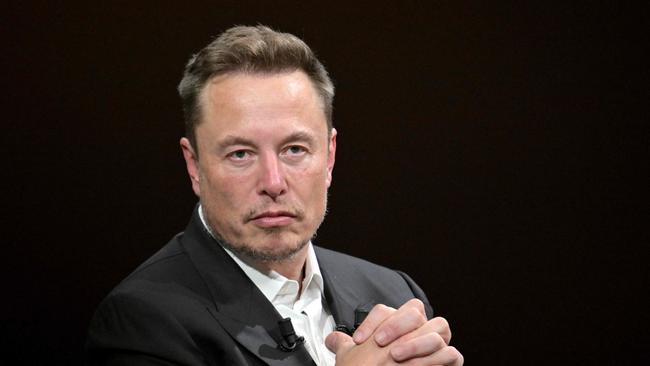
Industry and Science Minister Ed Husic has warned artificial intelligence-generated misinformation is “the big thing” that could influence the way people make future decisions, including at elections.
He said governments had adopted a “comfortable, helpful helplessness” when it comes to technology because it was previously “all too hard”.
But he warned: “I think there’s a dawning realisation on governments, you can’t have that (attitude), you need to shake that off.”
US Vice-President Kamala Harris, speaking separately at the US embassy in London, warned AI has the potential to cause profound harm.
“From AI-enabled cyber attacks at a scale beyond anything we have seen before to AI-formulated bioweapons that could endanger the lives of millions of people. These threats are often referred to as the ‘existential threats of AI’ because of course they could endanger the very existence of humanity.
“These threats without question are profound and they demand global action. But let us be clear, there are additional threats that also demand our action.”
She said the US situation concerning voluntary commitments with technology companies were an “initial step’’, saying there will be more to come “because as history has shown in the absence of regulation and strong government oversight, some technology companies choose to prioritise profit over the wellbeing of their customers”.
Mr Husic, on the sidelines of the British-organised two-day AI summit at Bletchley Park, England, attended by governments and tech titans including Elon Musk, said the application of generative AI and language models “is not so much ‘will the robots take over?’ but ‘will AI-generated disinformation do that?’”

He said disinformation would guide the way people make decisions, not just governments, and impact on the broader public reaction to things that might influence the way governments or businesses respond.
He said Australia was looking to the AI policy models proposed by others, such as the United States, the European Union and the United Kingdom, because going one-out was too difficult.
On Wednesday, the summit issued the Bletchley declaration, signed by 28 countries,which recognised that there was potential for “serious, even catastrophic, harm, either deliberate or unintentional, stemming from the most significant capabilities of these AI models”.
The declaration, signed by Australia, said: “Substantial risks may arise from potential intentional misuse or unintended issues of control relating to alignment with human intent. These issues are in part because those capabilities are not fully understood and are therefore hard to predict. We are especially concerned by such risks in domains such as cybersecurity and biotechnology, as well as where frontier AI systems may amplify risks such as disinformation.”
Mr Husic said Australia wanted to be able to see where the US, EU and UK are on the issue.
“Also, there’s an appetite within ASEAN to be able to work together on this. If we can take on board what’s being done in different jurisdictions and apply them in Australia (it) will be useful, because there’ll be broad consensus about that globally. But if people in the Australian context expect a greater degree of protection from some of the probably worst elements of the way that AI operates, that’ll be something that we will need to contemplate.”
Mr Husic said he didn’t believe the voice to parliament referendum was influenced by AI but said that uncovering it was “a challenge, because some of it is so sophisticated and it’s hard to detect”.


